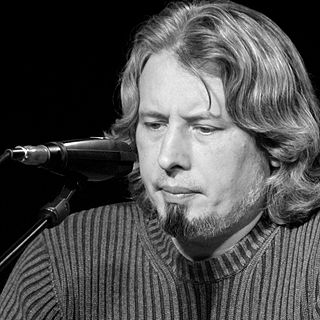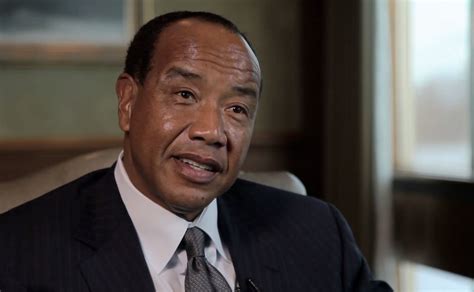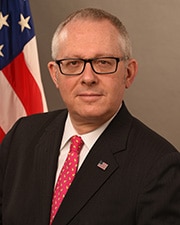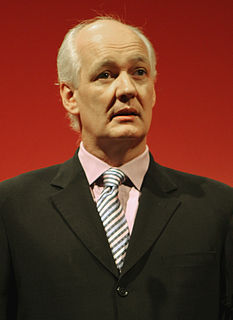A Quote by Joseph Stiglitz
The grand larceny that occurred in Russia, the corruption that resulted in nine or ten people getting enormous wealth through loans-for-shares, was condoned because it allowed the reelection of Boris Yeltsin.
Related Quotes
Boris Yeltsin's period was characterized by a no less irresponsible attitude to people's lives, but in other ways. In his haste to have private rather than state ownership as quickly as possible, Yeltsin started a mass, multi-billion-dollar fire sale of the national patrimony. Wanting to gain the support of regional leaders, Yeltsin called directly for separatism and passed laws that encouraged and empowered the collapse of the Russian state. This deprived Russia of its historical role for which it had worked so hard, and lowered its standing in the international community.
The mistake we make with many people - not just Russia - is that we believe we have the model, and there is a sort of a condescension in our dialogue with other societies, which was especially painful in several administrations to Russia. I think in Russia, the Yeltsin period is not considered a period of great achievement, but a period of corruption and humiliation.
What I have learned about corporate capitalism, roughly, is that it is an act of theft, by and large, through which a very few live very high off the work, invention, and creativity of very many others. It is the Grand Larceny of our particular time in history, the Grand Larceny in which a future of freedom which could have followed the collapse of feudalism was stolen from under our noses by a new bunch of bosses doing the same old things
With Yeltsin, the Soviet Union broke apart, the country was totally mismanaged, the constitution was not respected by the regions of Russia. The army, education and health systems collapsed. People in the West quietly applauded, dancing with and around Yeltsin. I conclude therefore that we should not pay too much attention to what the West is saying.
Russia, despite its heavy flirtation with capitalism and some quite unsavory oligarchs, is still building its foreign policy on the Soviet ideals of internationalism, solidarity and logic. And even domestically, President [Vladin]Putin is slowly, step-by-step, restoring many important Soviet achievements that were torpedoed by a nitwit, and one gangster - [Mikhail] Gorbachev and [Boris] Yeltsin.
Gorbachev's administration was amazingly politically naïve, inexperienced and irresponsible towards the country. It was not governance but a thoughtless renunciation of power. The admiration of the West in return only strengthened his conviction that his approach was right. But let us be clear that it was Mikhail Gorbachev, and not Boris Yeltsin, as is now widely being claimed, who first gave freedom of speech and movement to the citizens of Russia.
Boris Nemtsov and I began to argue after Putin's return to the presidency in 2012. In my opinion, there was no longer a realistic chance to achieve regime change through peaceful political means, or real elections. Boris, on the other hand, never lost this hope. He felt that my assessment was premature and said: "You have to live a long time to see changes in Russia." He was deprived of that opportunity.
I think the critical point, really, is that we need to focus black economic empowerment more on the creation of new wealth rather than on these big deals that have been characteristic of this process in the past, of people going to banks, borrowing a lot of money, buying this and when the shares don't perform very well, the shares go back to the banks, because there's other people who own this anyway. I think we need to re-focus it so that it really does impact on growth, new investment, new employment and a general, better spread of wealth in South Africa.




































